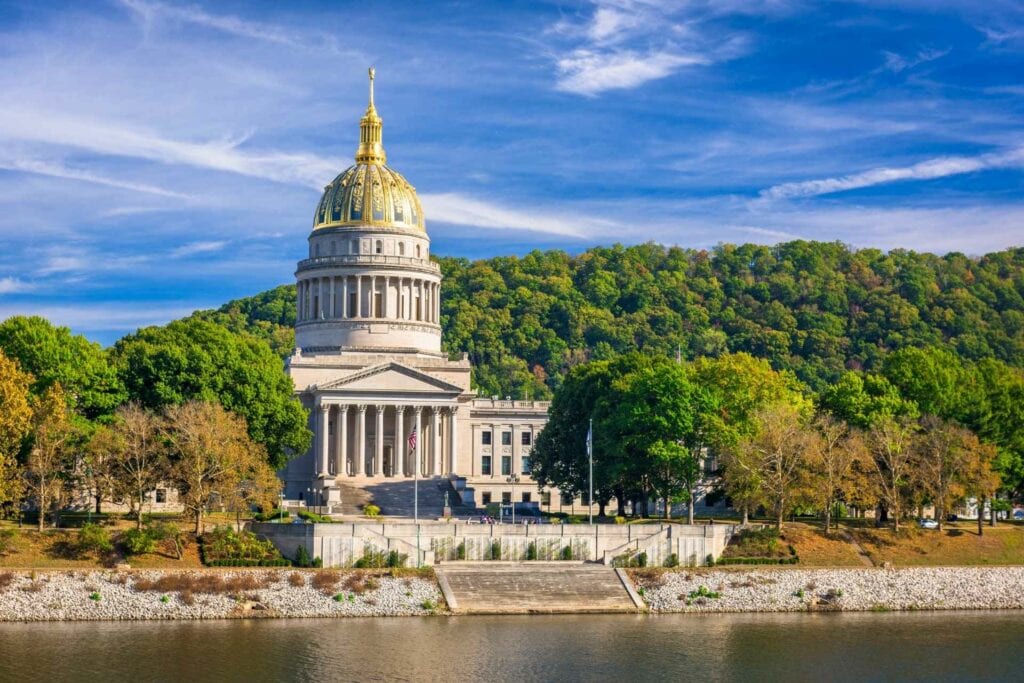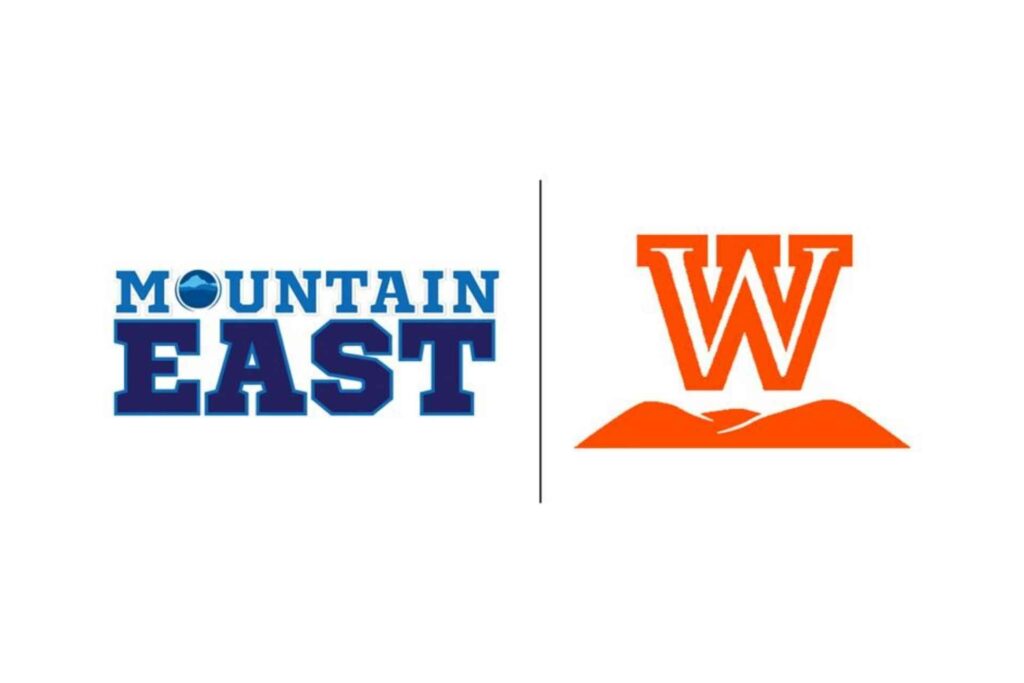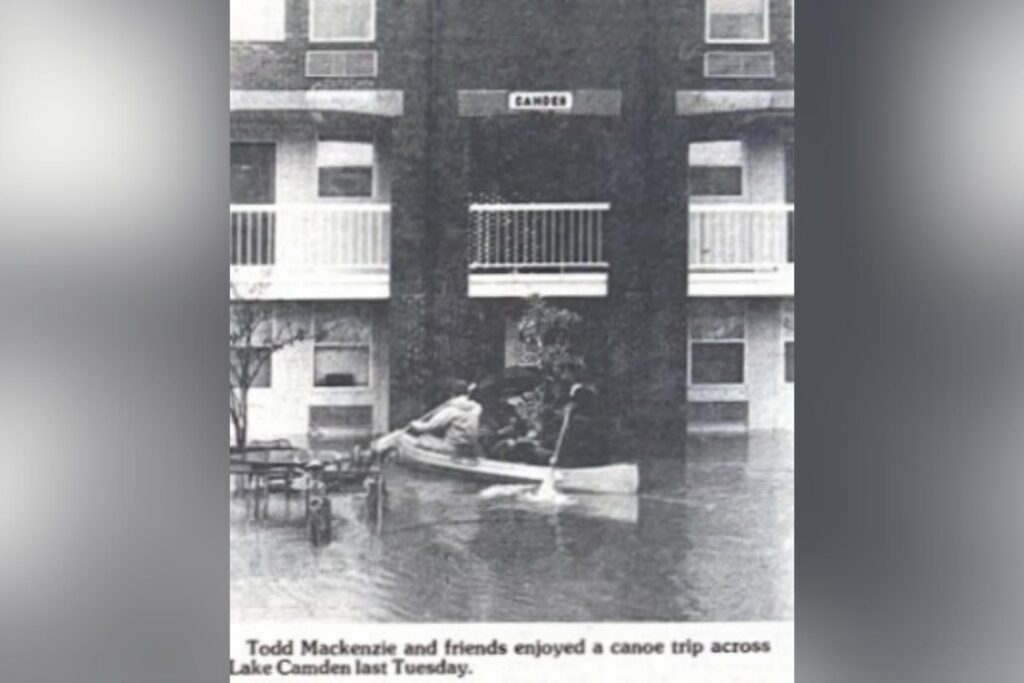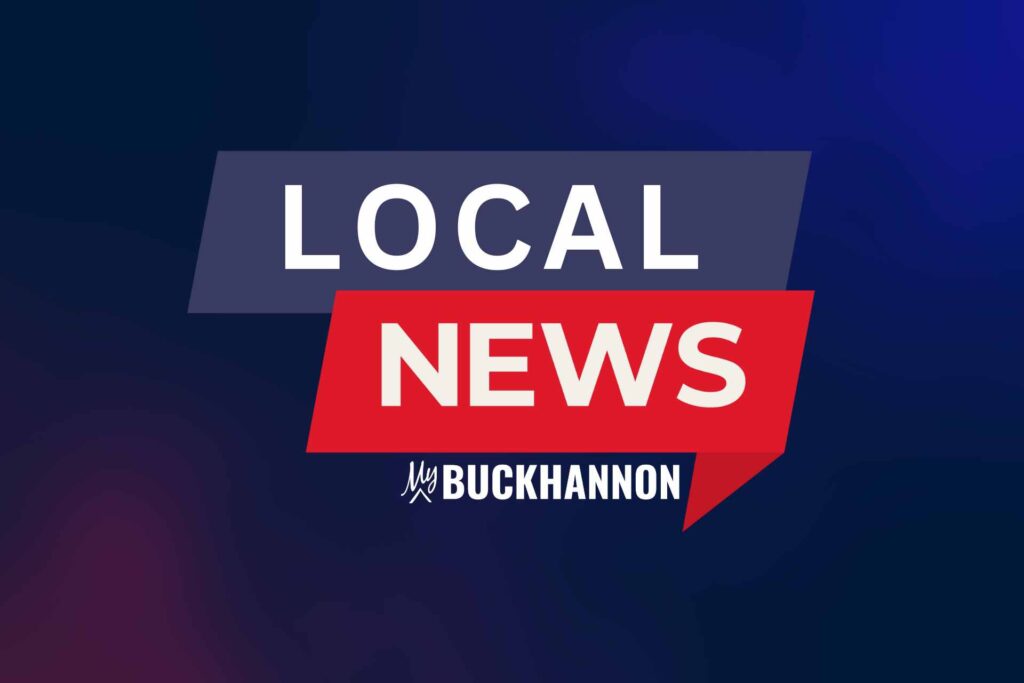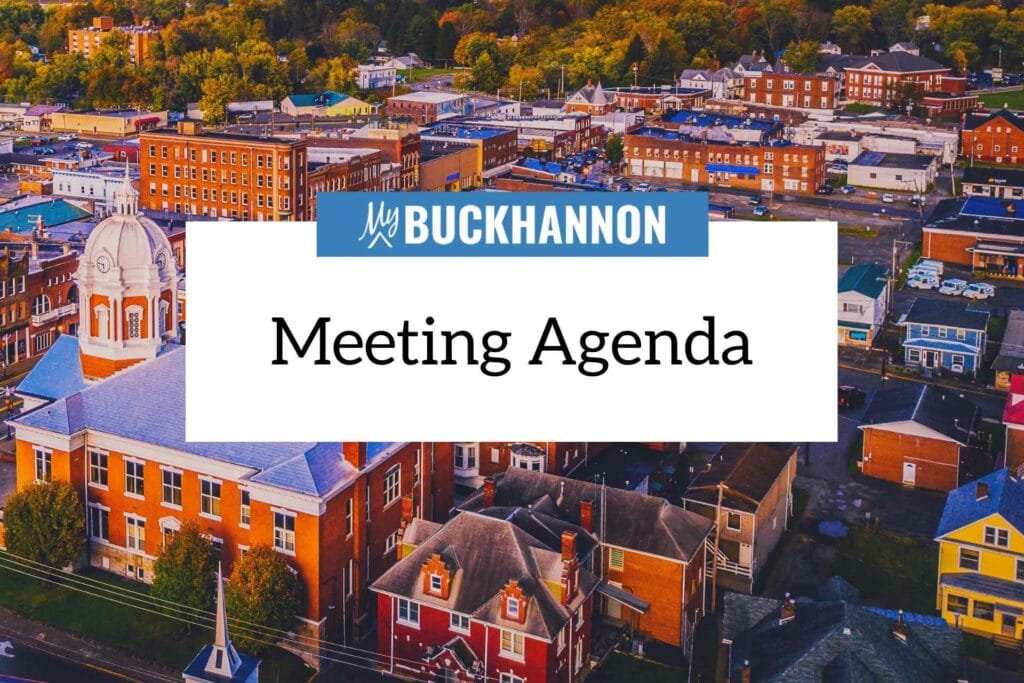Editor’s note: This story originally appeared in the Statehouse Spotlight newsletter published by Mountain State Spotlight. Get coverage of the legislative session delivered to your email inbox Monday – Thursday; sign up for the free newsletter at mountainstatespotlight.org/newsletter
By Erin Beck, Mountain State Spotlight
As the end of the legislative session nears and next year’s budget is finalized, West Virginia lawmakers said on Thursday that the federal government may require the state to pay back nearly $500 million of COVID relief funding.
The possible federal funding clawback came up during a Thursday morning meeting of the House Finance Committee as lawmakers passed their version of a nearly $5 billion budget for the fiscal year that starts in July.
In an interview, Del. Vernon Criss, R-Wood, the committee’s chair, said federal officials might take back $465 million that was given to the state to spend on K-12 schools and that the state budget may have to undergo significant changes once negotiations are completed.
“It’s just been poor timing, because we’re in a structured situation,” Criss said. “We have a 60-day period to do what we need to do.”
If the Legislature doesn’t pass a budget by Day 57, or next Wednesday, the governor can extend the session.
Criss said lawmakers had learned of the issue from Gov. Jim Justice’s office and were told that West Virginia would have to pay the money back or demonstrate that it was spent on qualifying expenses.
“We were not aware of this $465 million until well into session,” he said.
In an interview with MetroNews, Brian Abraham, Justice’s chief of staff, said the problem arose because of rules issued by the federal government that expect state education funding to keep up with federal education spending. During the COVID-19 pandemic, hundreds of millions of federal dollars went to public schools in West Virginia.
Criss directed blame to the federal government.
“They were issuing rules as they went along,” he said, referring to the various federal COVID relief funding packages. “And in a very short period of time, they had a set of rules, and they kept changing along the way.”
Criss said he didn’t anticipate the federal government would take back funds included in the budget passed in committee Thursday.
House lawmakers allocated about $120 million for teacher and service personnel raises and $150 million in supplemental funding for the School Building Authority.
“And that seems, according to the governor’s office, to qualify towards those dollars,” he said.
However, he said lawmakers didn’t put many expenses in the surplus section of the budget, where they usually put possible budget items that they view as lower priority and that could potentially go unfunded, to free up more money to spend as directed by the federal government.
Criss said Justice’s office told them it anticipates negotiations with the federal government will be complete in May, and lawmakers encourage the governor to then call a special session when they can allocate additional funding.
“We’re trying to give him all the tools he needs to be able to get what he needs done,” Criss said.
Michael Cook, director of the state budget office, directed all questions to the governor’s office. The governor’s office did not respond to emailed questions.
Reach reporter Erin Beck at erin@mountainstatespotlight.org
